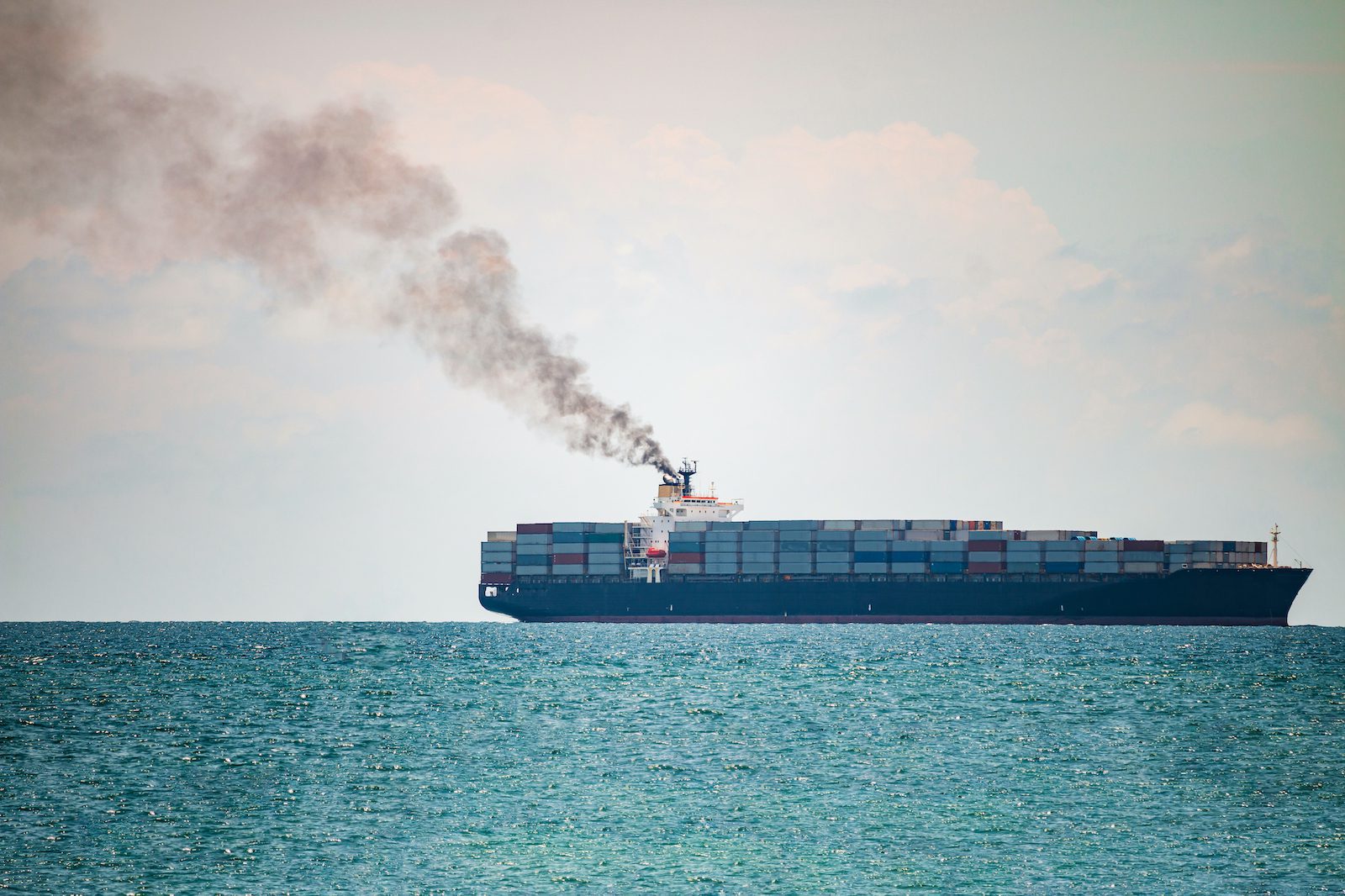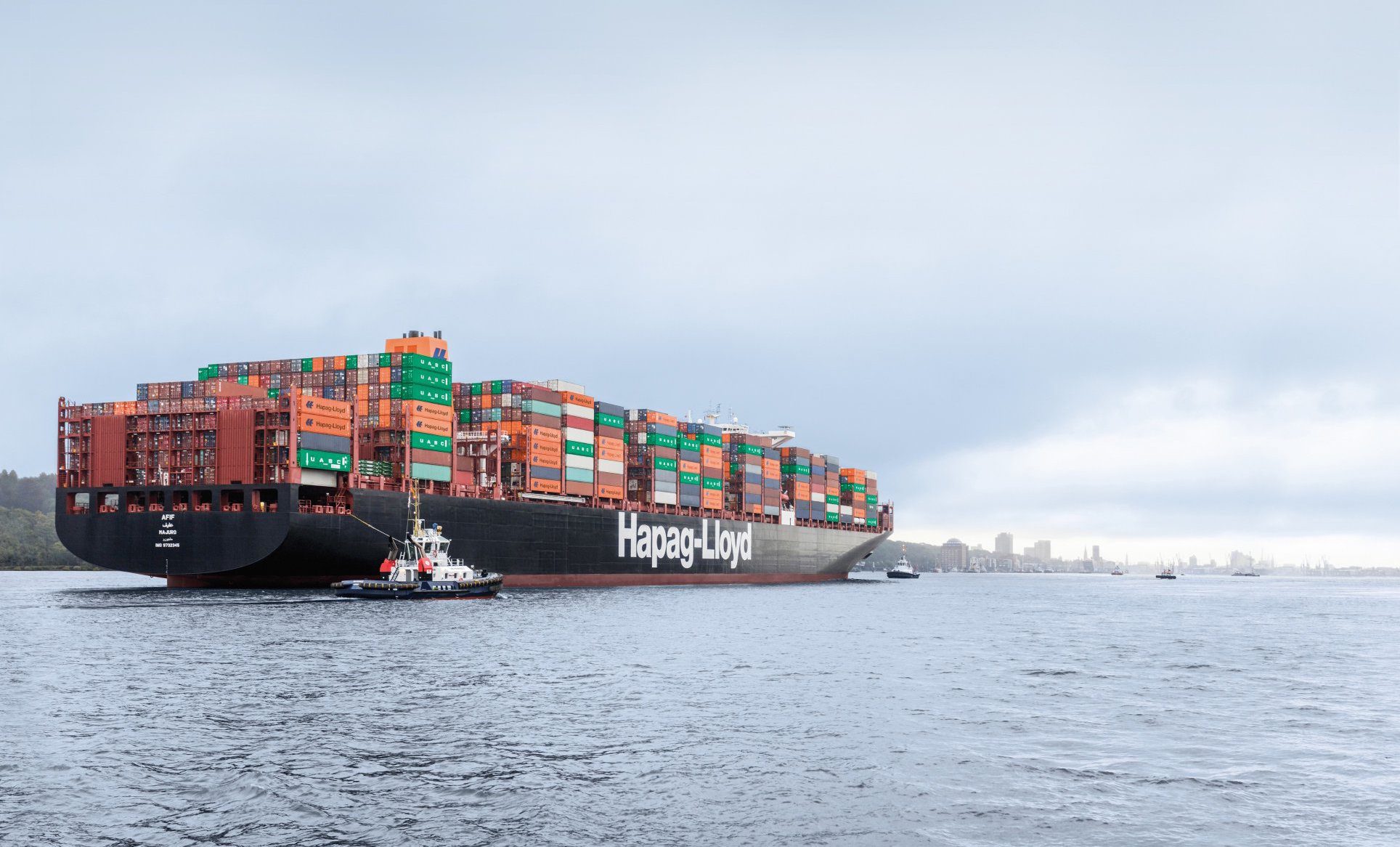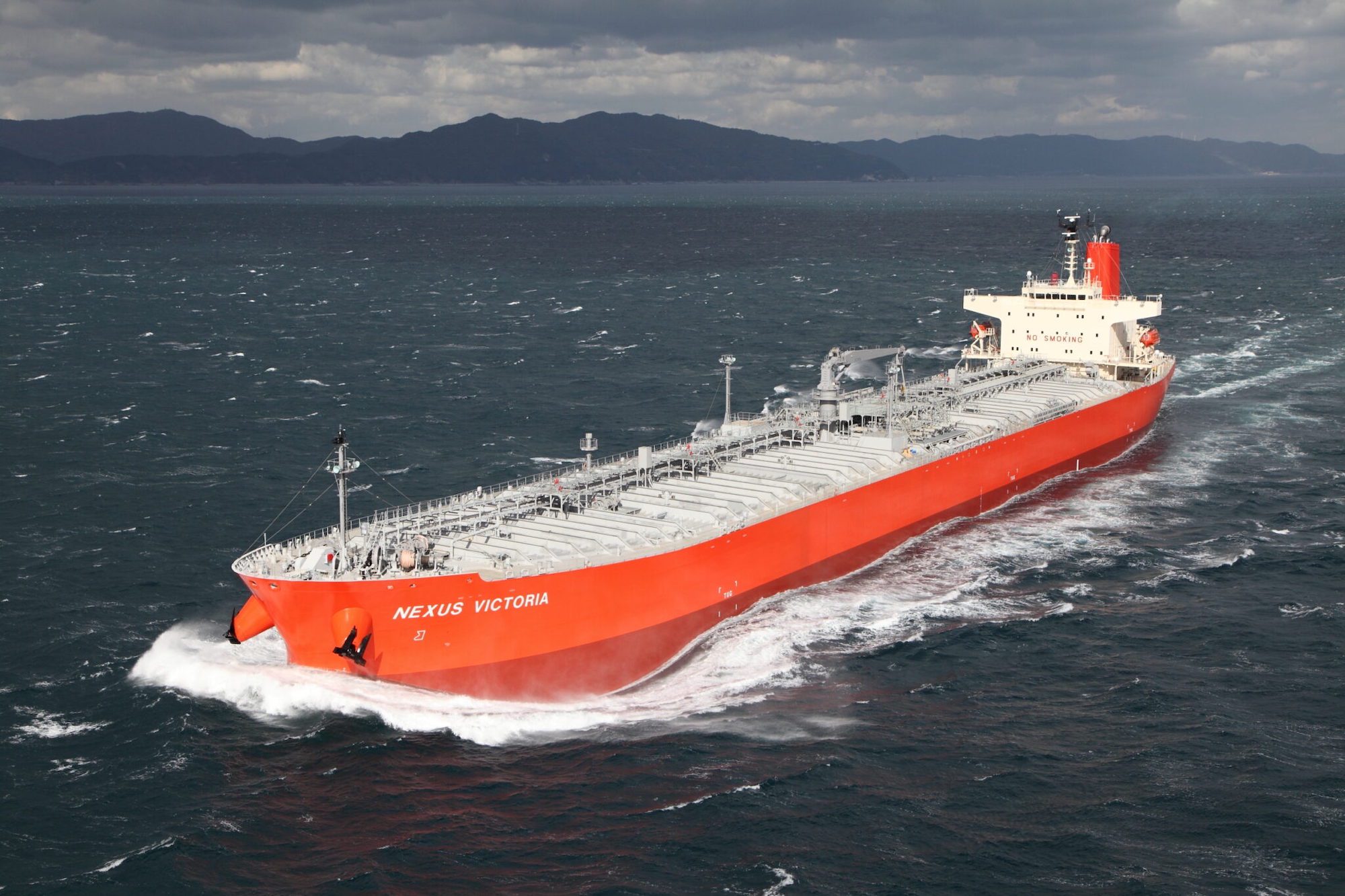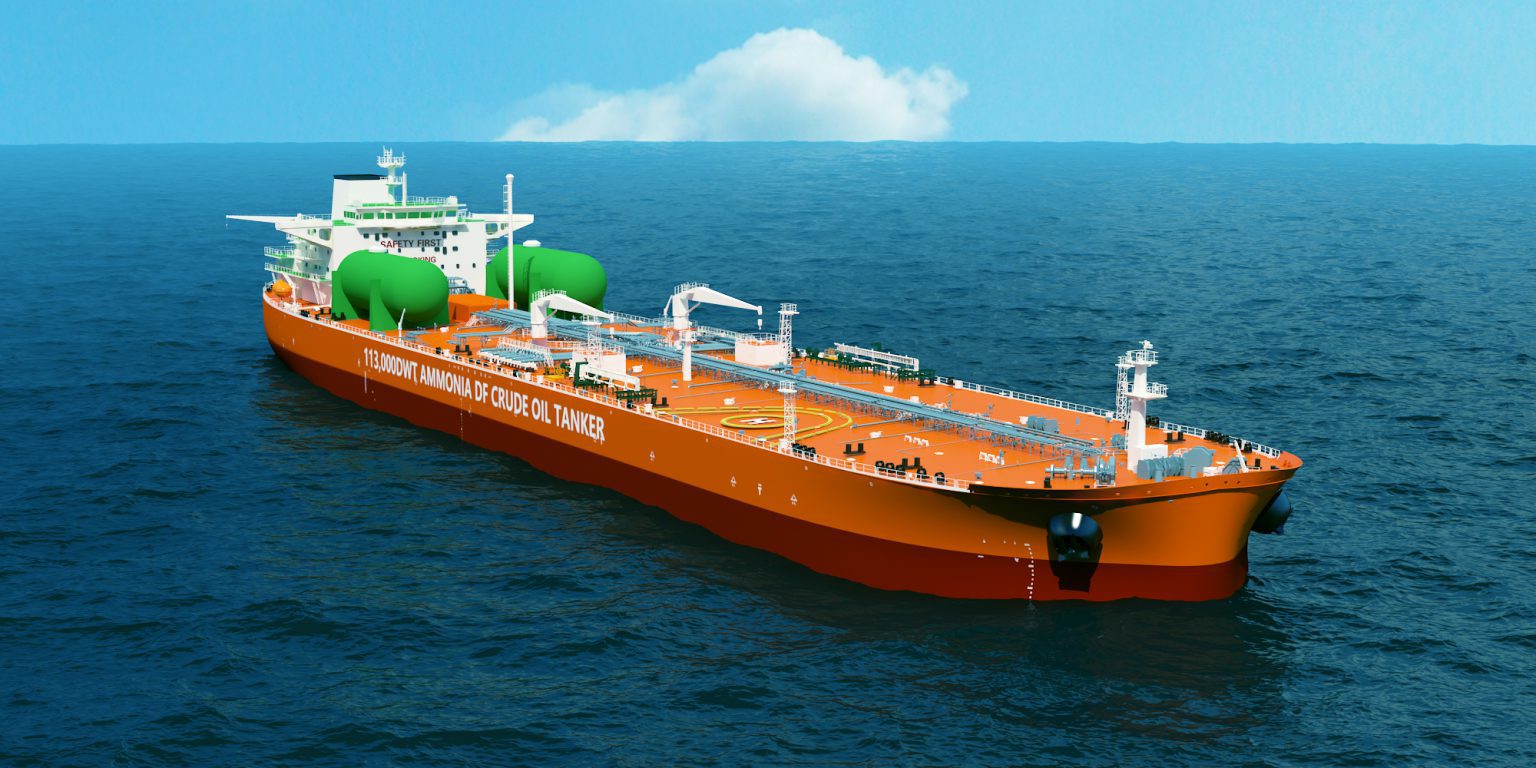A shipping industry group representing 80% of the world’s commercial ships is proposing a global carbon emissions reduction fund to reward “first movers” using low emission fuels.
The International Chamber of Shipping (ICS) says its “fund a reward” system will help to catalyze the adoption of more expensive low- and net-zero emission fuels by financially rewarding ships and energy producers that invest in them. The measure aims to ensure at least 5% of energy used by shipping globally is produced from alternative fuels by 2030.
The ICS has submitted the plan to the the International Maritime Organization (IMO), global shipping’s regulator, for consideration. The fund and reward (F&R) proposal combines elements of various recent GHG reduction proposals from a number of governments, plus a flat rate contribution system previously proposed by ICS and The International Association of Dry Cargo Shipowners (INTERCARGO), and ideas recently put forward for a global IMO measure by the 27 European Union countries.
“With the ICS fund and reward proposal, IMO member states have a new but very short window of opportunity to put in place a global economic measure which can kick start the development and production of alternative fuels for shipping,” said ICS’s chairman, Emanuele Grimaldi. “To achieve net zero mid-century, these new fuels must start to become available in significant quantities on a commercial basis no later than about 2030.”
The ‘fund and reward’ system, which could be established by 2024 if governments can agree on the regulatory framework at the IMO, would be financed by mandatory flat rate contribution by ships per tonne of CO2 emitted. Contributions from the global fleet would be gathered in an “International Maritime Sustainability Fund.” The fund, the ICS says, could raise billions of dollars annually, which would then be committed both to narrowing the price gap between existing high carbon marine fuels and alternative fuels, as well as supporting much needed investment in developing nations for the production of new marine fuels and bunkering infrastructure.
“Compromise is always difficult but, in any negotiation, having a proposal like this can enable everyone to come together,” added Grimaldi. “I hope this proposal will act as a bridge between the climate ambitions of both developed and developing countries so that no part of the global shipping industry will be left behind.”
The fund would reward ships according to annual reporting of the CO2 emissions prevented by the use of “eligible alternative fuels”. For example, a ship powered by ammonia (among many other alternative fuels including methanol, hydrogen, sustainable biofuels and synthetic fuels) could receive a cost saving of more than US $1.5 million annually, according to the ICS.
“We must narrow the significant price gap of new, very expensive, alternative fuels to accelerate their production and take-up, so that we reach a take-off point by 2030 on our pathway to net zero by 2050,” said ICS’s secretary general, Guy Platten. “But it is crucial that our industry also supports maritime greenhouse gas reduction efforts in developing countries.”
By aiming to ensure that at least 5% of the energy used by the world fleet in 2030 is produced from alternative fuels, the ICS says the plan will deliver against Mission Innovation’s 2022 Action Plan for zero-emission shipping and would represent the equivalent of approximately 15 million tonnes of new fuels annually by the end of the decade, a significant advance from a current figure of almost zero.
“This fund has the potential to go beyond the traditional reach of the IMO, boosting investment for the fuel production and bunkering infrastructure in ports worldwide that will be vital for our global industry to decarbonize completely.”
According to ICS, a detailed impact assessment undertaken by Clarksons Research showed that a financial contribution of up to approximately $100 per tonne of CO2 emitted would not cause disproportionately negative impacts on the economies of states. However, ICS believes that contributions could initially be set much lower and then be subject to a 5-year review as increasing quantities of new fuels become available.
The latest proposal comes after a previously proposal spearheaded by the ICS calling for a $5 billion research and development fund into low- and zero-carbon fuels and technologies that was widely backed by the shipping industry. That program, which would have been financed $2 per tonne tax on fuel consumed by every ship, was ultimately rejected at the IMO level.
The latest proposal comes ahead of the UN’s COP 27 climate conference and the next meeting of the IMO’s Marine Environment Protection Committee (MEPC), both of which are taking place in December.
So far, the IMO has only set an initial climate change strategy targeting a 50% reduction in annual GHG from ships by 2050 compared to 2008 levels. With the MEPC still scheduled to finalize its strategy in 2023, there is growing pressure for the IMO to increase its level of ambition—not to mention steer the industry on how to actually achieve it.
Unlock Exclusive Insights Today!
Join the gCaptain Club for curated content, insider opinions, and vibrant community discussions.

 Join The Club
Join The Club













